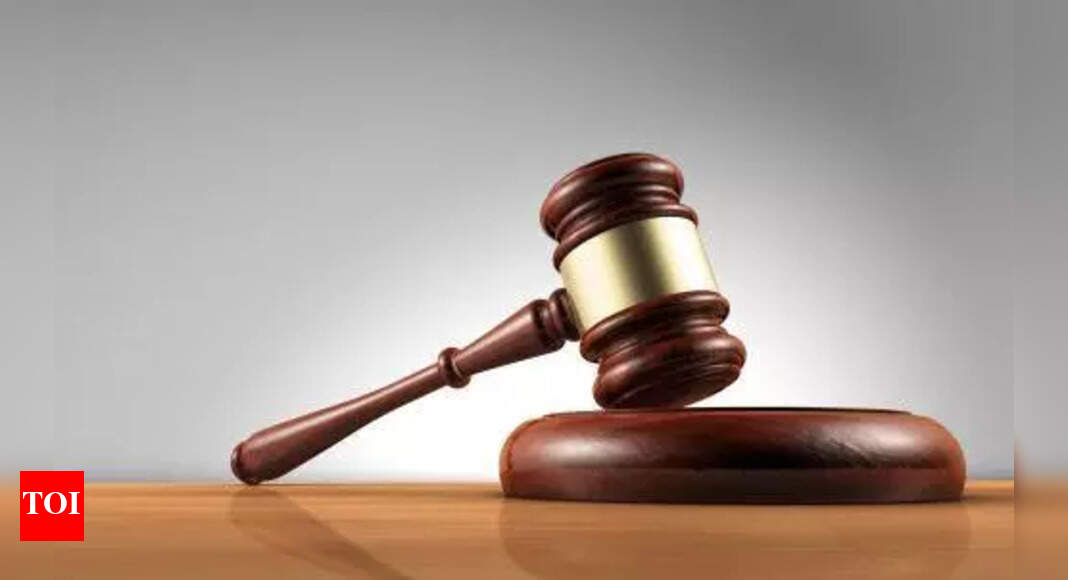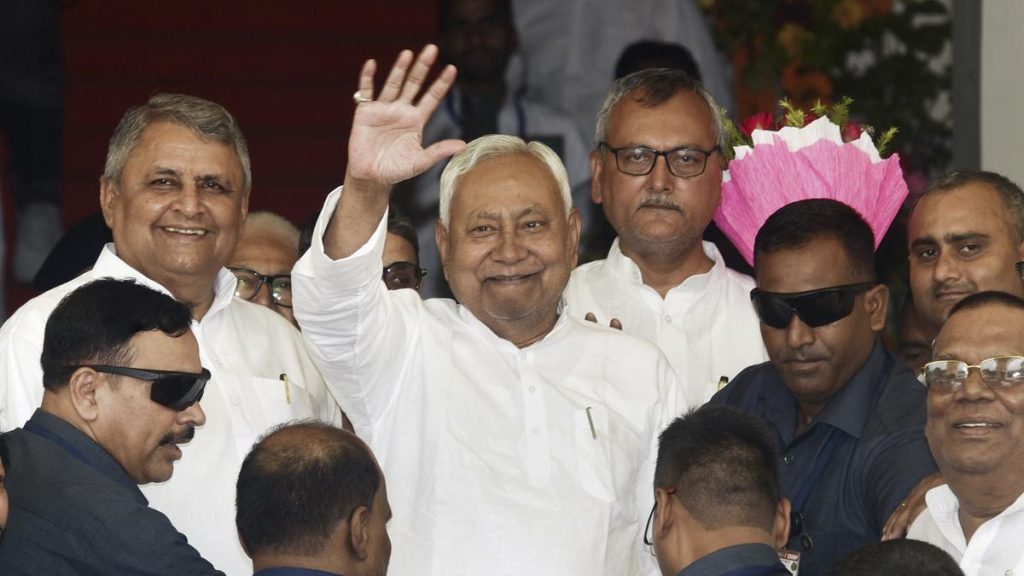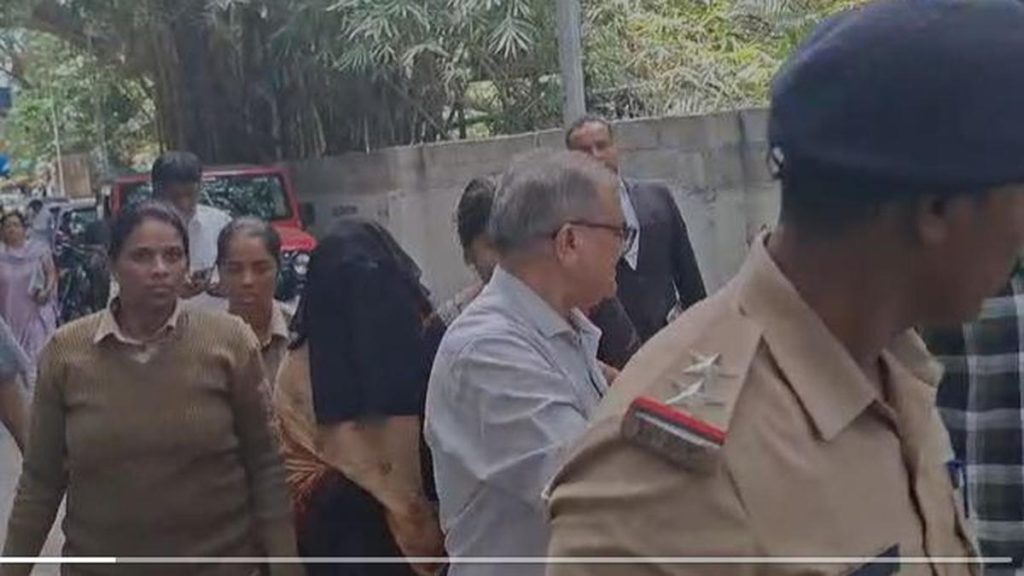Now Reading: Karnataka HC Dismisses Dowry Case Against In-Laws, Trial for Husband to Proceed
-
01
Karnataka HC Dismisses Dowry Case Against In-Laws, Trial for Husband to Proceed
Karnataka HC Dismisses Dowry Case Against In-Laws, Trial for Husband to Proceed

Rapid Summary
- Karnataka High Court Decision: The court quashed dowry harassment charges against the parents and a relative of a Bengaluru resident due to lack of evidence but allowed trial proceedings against the husband.
- Background: The complainant alleged forced sexual relations before marriage, brutal assault post-marriage, and threats involving private content recorded on the husband’s mobile. Multiple legal provisions were invoked in her complaint, including SC/ST Prevention of Atrocities Act, Pocso Act, Dowry Prohibition Act, Information Technology Act, among others.
- Marriage History: The couple secretly married on January 12, 2023 (registered January 13) after an elopement. Their families were unaware of these events until their relationship soured shortly thereafter.
- Court Observations: justice M Nagaprasanna dismissed allegations against petitioners (parents and relative), highlighting a lack of significant evidence for crimes under specific acts like the Atrocities Act regarding caste-based abuse or public humiliation as required by law. Serious charges related to rape and violations under Pocso Act directed toward the husband warranted continuation of trial proceedings.
Indian Opinion Analysis
The Karnataka High Court’s nuanced decision underscores challenges in discerning false allegations from genuine claims within complex familial disputes. While quashing charges against secondary parties helps prevent misuse of legal provisions like the dowry Prohibition or Atrocities Acts for retaliatory purposes after marital breakdowns or divorce demands (as contested by petitioners), allowing proceedings for serious charges directs focus toward accountability where legitimate harm may have occurred.
This verdict reflects India’s evolving judicial standpoints that balance protection laws with safeguards against potential exploitation-an ongoing debate amidst rising awareness surrounding gender equity and caste liabilities in social dynamics. Ensuring thorough inquiry while maintaining fairness remains crucial as legal systems navigate intricate personal conflicts entwined with public justice frameworks.



























